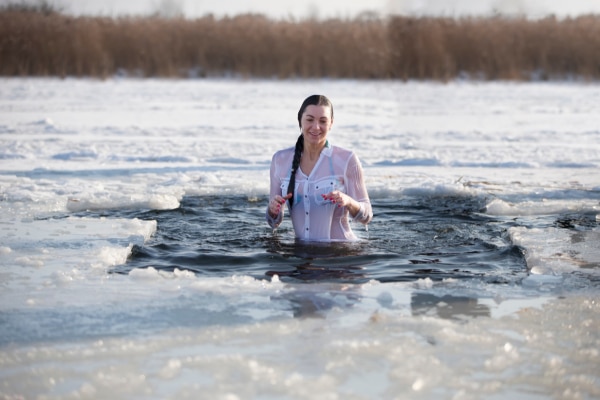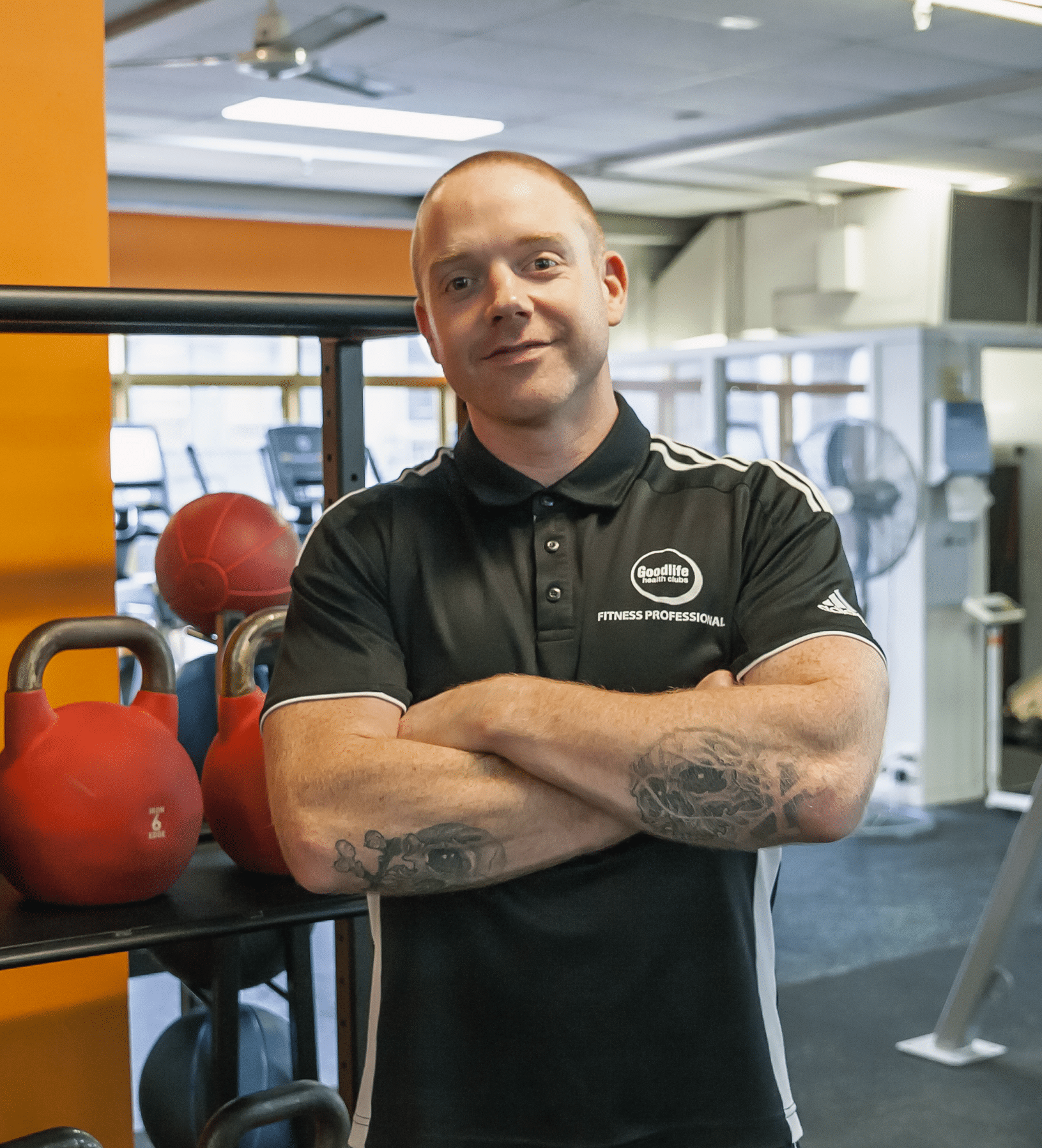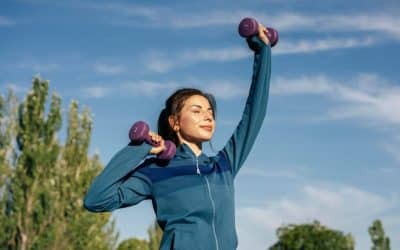Chilling Out: The Science Behind Ice Baths and the Balance of Well-Being
In the pursuit of enhanced recovery and well-being, individuals often explore various methods to soothe sore muscles and boost overall health. Ice baths, once the secret weapon of elite athletes, have found their way into mainstream wellness discussions. But are these chilly soaks truly a game-changer, or is their popularity fueled by the placebo effect? In this article, we’ll dive into the science behind ice baths, explore the potential placebo effects, and discuss whether the time spent chilling out could be better invested in other healthy activities like good sleep, nutrition, and low-intensity exercise.
The Science of Ice Baths: A Chilling Revelation
- Reduced Inflammation:
- The primary physiological benefit of ice baths lies in their ability to reduce inflammation. When exposed to cold temperatures, blood vessels constrict, limiting blood flow to the affected areas. Upon rewarming, blood flow increases, flushing out metabolic byproducts and reducing inflammation. This process can aid in muscle recovery after intense physical activity.
- Pain Relief:
- Ice baths are known to provide analgesic (pain-relieving) effects. The cold sensation numbs nerve endings, temporarily alleviating pain and discomfort. This pain relief can be particularly beneficial for individuals dealing with muscle soreness or minor injuries.
- Enhanced Muscle Recovery:
- Cold exposure may contribute to enhanced muscle recovery by reducing muscle damage and inflammation. This, in turn, can help individuals recover more quickly between workouts and training sessions.
- Improved Circulation:
- The contrast between cold and warm temperatures in ice baths is believed to stimulate circulation. This alternation of vasoconstriction and vasodilation is thought to enhance blood flow, delivering oxygen and nutrients to muscles, and aiding in their recovery.

The Placebo Effect: The Mind’s Chilly Embrace
While the physiological benefits of ice baths are supported by scientific evidence, there’s an undeniable psychological aspect to the practice. The placebo effect, where a person experiences a perceived benefit due to their belief in a treatment, plays a role in the reported effectiveness of ice baths.
- Mind Over Matter:
- The mind’s influence on the body is a powerful phenomenon. If individuals believe that ice baths are an essential componen
t of their recovery routine, the placebo effect may contribute to the reported feelings of reduced soreness and enhanced well-being.
- The mind’s influence on the body is a powerful phenomenon. If individuals believe that ice baths are an essential componen
- Positive Perception:
- The act of taking intentional time for self-care, such as indulging in an ice bath, can contribute to a positive perception of overall well-being. The psychological impact of self-care practices should not be underestimated, as mental well-being is intricately linked to physical health.
- Rituals and Routine:
- Establishing rituals and routines can have a profound impact on mental health. If incorporating ice baths becomes a regular part of one’s routine, the psychological benefits of consistency and predictability may contribute to an improved sense of well-being.

Balancing Act: Ice Baths vs. Other Healthy Activities
While ice baths offer distinct benefits, the question remains: Could the time spent in chilly waters be better invested in other healthy activities?
- Quality Sleep: The Ultimate Recovery Tool:
- Adequate sleep is unparalleled in its role in recovery. During deep sleep, the body releases growth hormone, essential for muscle repair and overall rejuvenation. Prioritising quality sleep consistently can have a more profound impact on recovery than sporadic ice baths.
- Nutrition as a Recovery Cornerstone:
- Nutrition plays a crucial role in recovery and overall well-being. Consuming a balanced diet rich in nutrients provides the body with the building blocks it needs for optimal recovery. A focus on nutrition, including post-exercise meals, can complement or even surpass the benefits of ice baths.
- Low-Intensity Exercise for Active Recovery:
- Engaging in low-intensity exercise, such as walking or gentle stretching, promotes blood flow and helps prevent muscle stiffness. Incorporating active recovery activities into your routine can provide a more sustainable and enjoyable approach to promoting overall well-being.
- Mindful Practices for Mental Health:
- Mental well-being is an integral part of overall health. Practices such as mindfulness, meditation, or yoga can have profound effects on reducing stress and promoting a positive mental state. These activities may contribute more holistically to one’s well-being than a solitary focus on ice baths.
Conclusion: The Cold Truth and Warm Alternatives
In the world of well-being, ice baths offer scientifically supported benefits, but their effectiveness is not immune to the influence of the placebo effect. As individuals seek ways to optimise recovery, it’s crucial to strike a balance between evidence-based practices and the enjoyment of self-care activities.
If you find solace in the icy embrace of an occasional ice bath and experience genuine benefits, by all means, continue the chill. However, it’s equally important to recognise that the time spent in alternative activities, such as prioritising quality sleep, maintaining a nutritious diet, engaging in low-intensity exercise, and fostering mental well-being, can be just as—if not more—valuable for your overall health.
Ultimately, the path to well-being is a personal journey. Whether you choose to embrace the frosty waters or explore other avenues of self-care, the key is to find a balance that aligns with your preferences, lifestyle, and the ever-evolving understanding of what makes you feel your best. As you navigate the realms of recovery, let the cold truth and warm alternatives guide you toward a holistic approach to well-being.
For more fantastic health and fitness inspired articles please visit Beyond Best Personal Training’s BLOG.
Talk to us today about how we can structure a program to suit your goals and needs. Phone 0438 589 842 to speak with us today.




